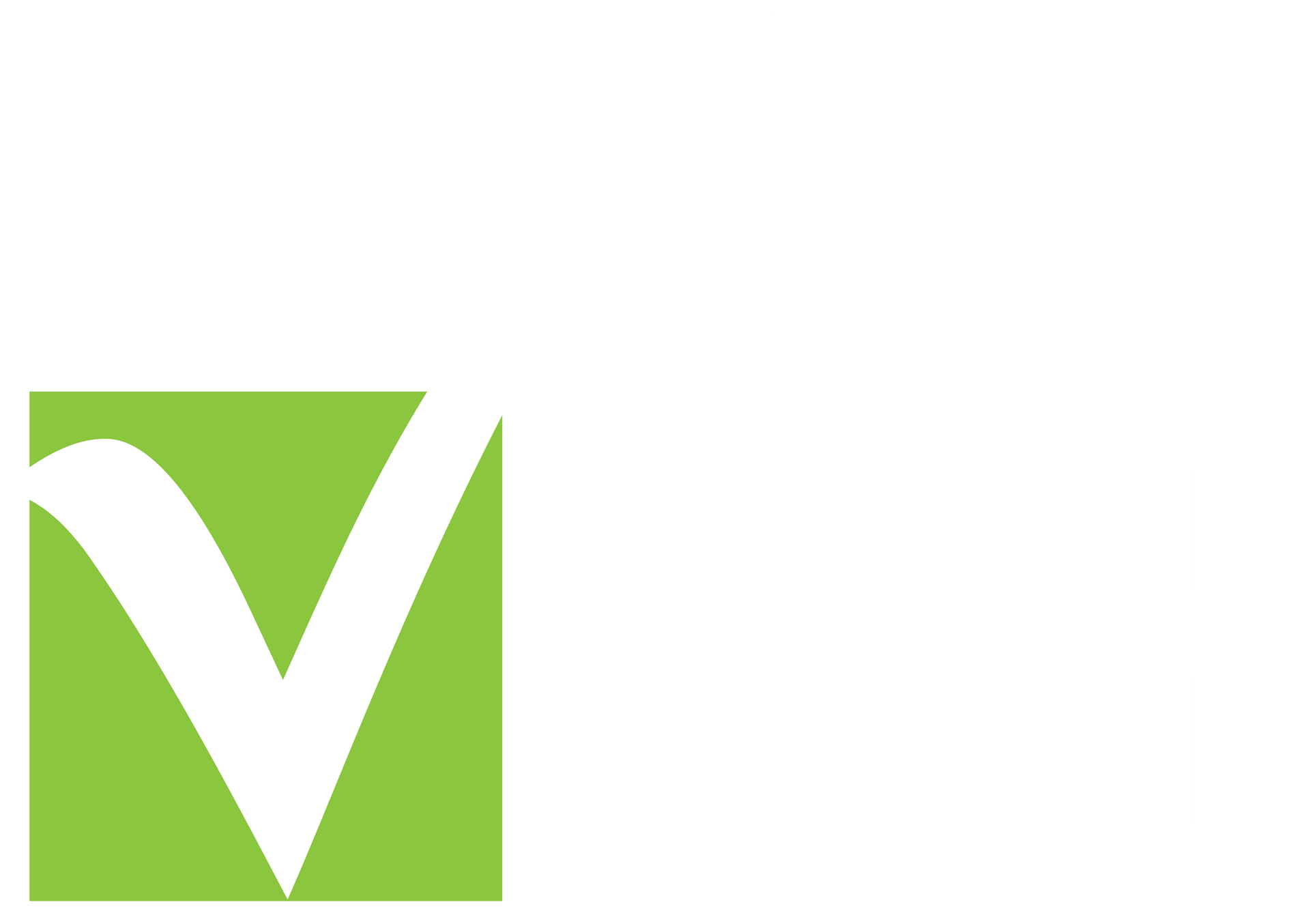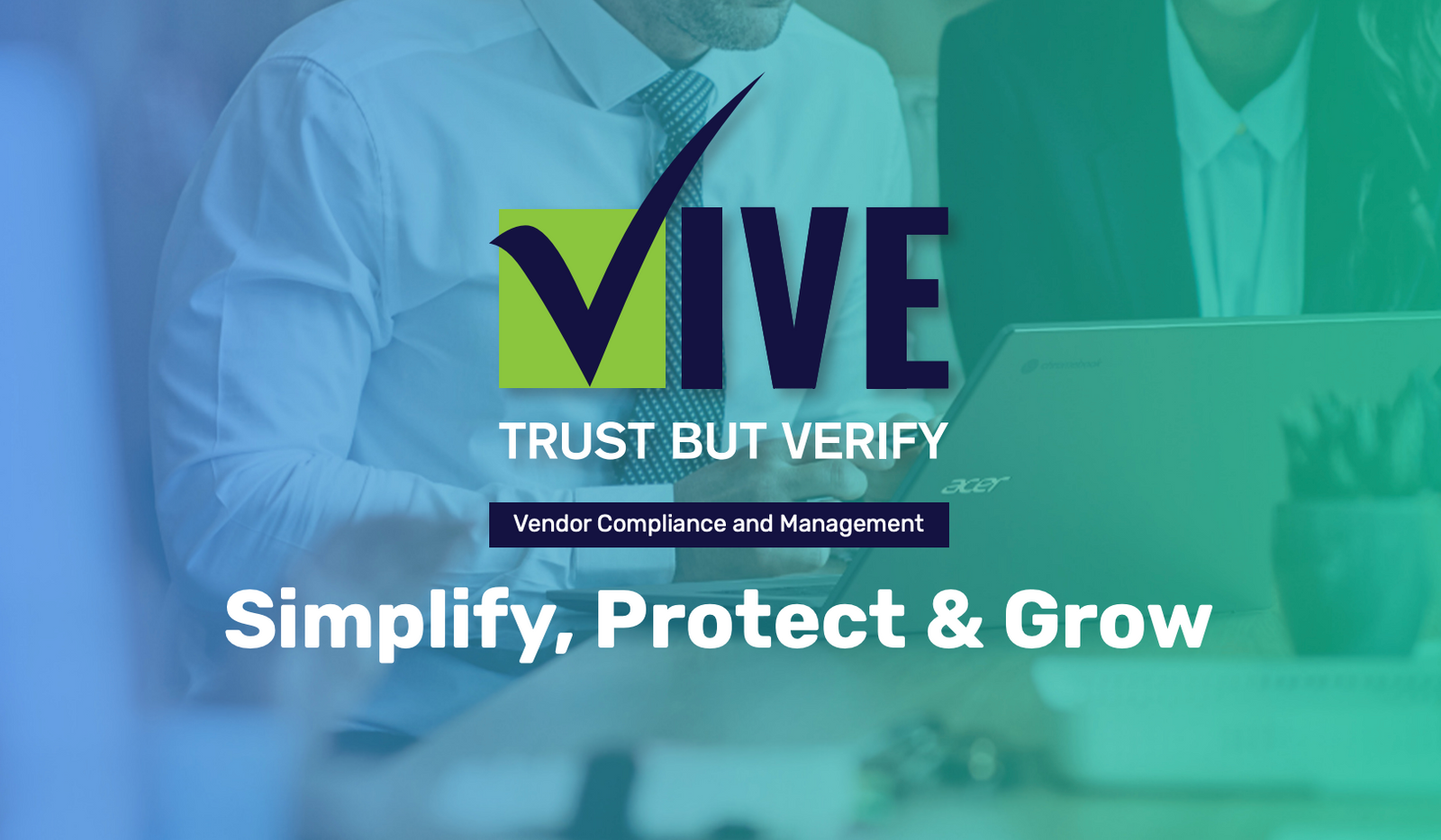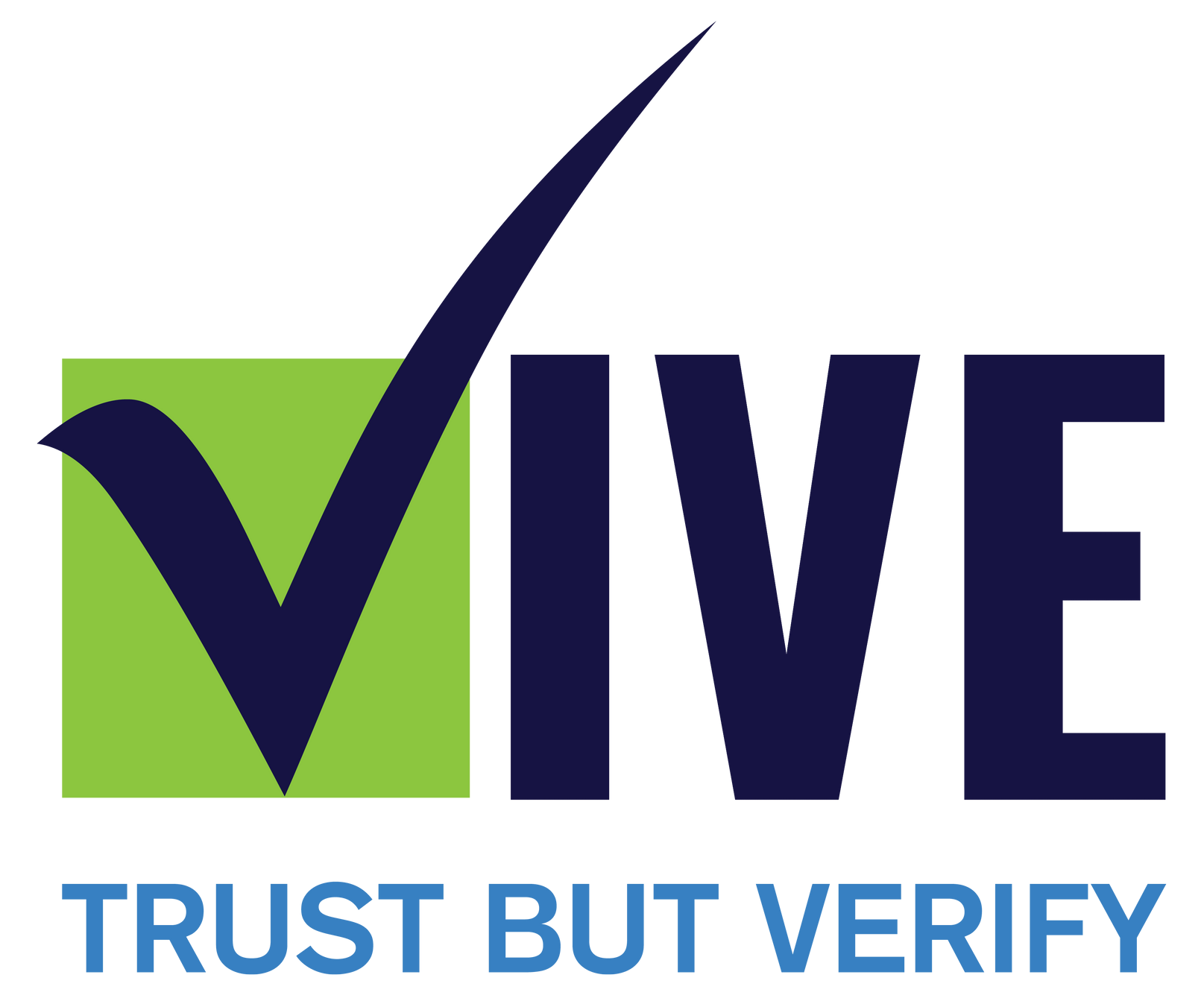Blog

There's a lot that goes into training a new Community Association Manager, since there's so many things we expect our CAMs to be responsible for. But usually, on the first day, a supervisor will tell them something along these lines: "Stick to the contract." The service agreement between a management company and an association is a sacred document. And any company worth its salt will do everything I can to make sure it doesn't fall afoul of that agreement. Vendor Management is one of the core responsibilities enshrined in every contract, though it's not always spelled out exactly what that entails. But ask a risk management expert, and they'll probably advise you to either collect or have evidence of the following: A Vendor Agreement, which includes a hold harmless provision A service agreement W9 General Liability Policy Worker's Compensation Coverage Commercial Automobile insurance if they'll ever drive onto property Both association and management company named as additionally insured on all insurance policies Current Trade Licenses when applicable Those are just some of the basics; the list can get longer. Yet most management companies would be hard-pressed to state conclusively that they have current Certificates of Insurance for all of their vendors, not to mention the rest. Does not having all of this information mean your company is in breach of contract with your clients? It’s a complicated question to answer. But management companies have been sued for breach of contract and/or fiduciary duty in the past, and failure to properly enforce vendor compliance standards can be seen in that light. Furthermore, even if your company doesn’t face a direct liability in the event of an accident, your associations certainly do, which means you could lose accounts or brand equity. The responsible course of action is to ensure that your company has in place strict vendor compliance policies and enforces them without fail. But it's not a simple task. You need people who understand the stakes, are detail-oriented, and have the time to hunt down insurance carriers for hundreds of COIs every year. The costs add up, quickly, and it can be hard to justify that many man-hours going toward a pursuit that doesn't have an attached revenue source. Or, you can hire VIVE, and have them do that work for you. All at no cost to your company. We'd love to talk to you about how we can help your company address the risks it faces, and turn what is so often a weakness within our industry into a strength you can advertise to clients.
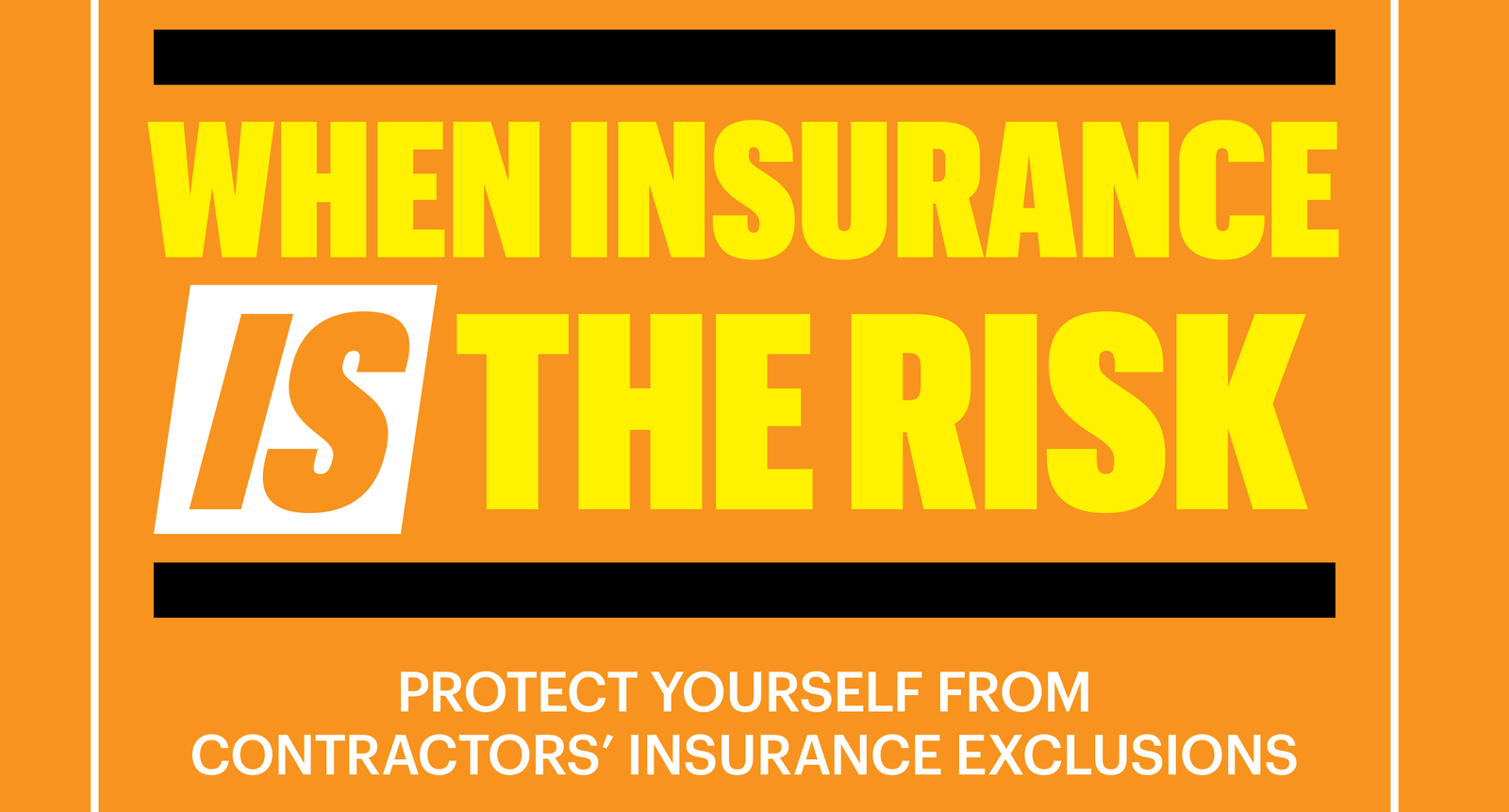
VIVE President Joe Bushey was recently interviewed by Habitat Magazine for their most recent issue on a subject of utmost importance for management companies of all stripes: Insurance policy exclusions that can leave clients at risk. We encourage everyone to check out the article (attached) and contact VIVE if you would like more information on how to better protect your company and clients from the dangers of exclusions.

Vendor management is a vital component of the services management companies provide their clients, and monitoring vendor compliance is a critical part of this process. However, vendor compliance rarely gets the attention it needs. Of course, you want to maintain good working relationships with the vendors that provide service to assets under your management, but more often than not, management companies rarely understand the risks they undertake each time they hire a vendor for service. In today’s ever increasingly litigious environment, all companies must mitigate risks wherever possible. Whether it is ensuring you’re not doing business with a company on one of the government’s watch lists, hiring unlicensed or improperly insured vendors, these are risks you can’t afford and can be easily eliminated. Our research has discovered that most management companies fall short of the vendor compliance standards they have established for themselves. In general, this happens because they don’t have the staff experience to manage compliance or the systems to effectively report it to all of the user stakeholders within the company. Not employing the services of a professional vendor compliance management company puts you at a competitive disadvantage. Skipping vendor compliance can be a costly mistake for management companies and the associations they manage. If an uninsured or under-insured vendor has an accident on property, the association will almost certainly have to file a claim on its own insurance policy, which can lead to skyrocketing insurance costs in the future, not to mention the cost of a deductible. For management companies, this could lead to the loss of a client, reputation, and potentially create a situation in which the company is sued for breach of contract. This is why VIVE's services are so important. We not only handle the collection of COIs and licenses for every vendor in your system, but we also have every vendor sign a Vendor Service agreement that encompasses many important items. For example, the Vendor Service agreement provides hold harmless protection that can help prevent your company or your clients from being pursued in the event that a vendor creates or incurs a liability while working on a property. The Vendor Service Agreement also binds the insurance requirements the vendor is required to hold while performing services to your managed communities. By having a Vendor Service Agreement, it allows the proper transfer of risk to the vendor from the association and management’s policy when a loss occurs. If your company isn't prioritizing vendor compliance, it's betting on every vendor who walks onto a property you manage. Wouldn't it be better to stop gambling with your company's reputation entirely?
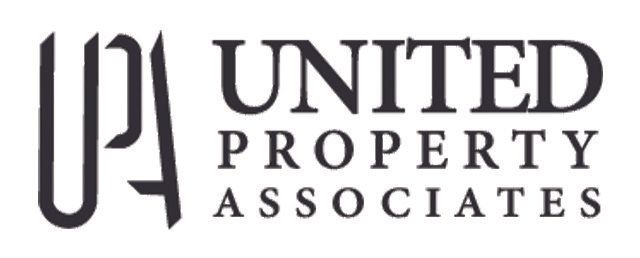
On its way to becoming a large and successful management company, United Property Associates always strived to do whatever it could to protect itself and the communities it manages from the unforeseen. UPA’s President and second-generation owner, Debra Young, learned early how easily things can go wrong on a property at any given moment. “United Property Associates has had its share of accidents but there are not many times where there have been major problems because of our quest to protect ourselves,” said Debra. Prior to partnering with VIVE, UPA devised and implemented a vendor compliance program (VCP) with the help of their insurance expert, and it has been successful in protecting UPA and its clients from facing liability when an accident occurs due to a vendor’s negligence or oversight. “Fortunately, because of the documentation and vetting we require,” said Young, “we have avoided very costly lawsuits.” A recent accident reinforced the importance of a good VCP, when a painter who fell and injured himself during construction ended up suing the property, UPA and the contractor. While it took more than 10 months and some expense, UPA’s risk management policies resulted in the company being dismissed as a party to the potentially $3 million lawsuit. Implementing a policy this good is resource-intensive, however, and Young decided in 2021 to seek out a partnership with VIVE so she could better utilize her internal resources while enhancing her company’s vendor management efforts, all at no cost to UPA. “We chose to move vendor compliance to VIVE to ensure consistent compliance amongst similar vendors, speed up the review process, and remove the tasks from our employees involved in the process,” said Young. “VIVE’s system allows the managers to have real-time information and not rely on an electronic version of a ‘vendor book’ that was only updated once a year. My hope is that payments will be processed in a timelier manner and the service we provide to vendors will be in line with our expectations. VIVE’s software integration is also helpful.”
It’s no accident that United Property Associates is one of the largest and most successful management companies in the mid-Atlantic region. In fact, one of the company’s secrets to success is just how seriously it takes accidents. UPA’s President, Debra Young, is a second-generation management company owner and has come to understand how easy it is for things to go wrong when vendors are on property. “We’ve had tons of accidents,” said Debra. “But there aren’t too many instances where there’s been a problem, because we protect ourselves.” Even before partnering with VIVE, UPA devised and implemented a Vendor Compliance Program with the help of an insurance expert, and that program had been successful in protecting UPA and its clients from facing any liability when accidents happened. “We’d get served,” said Young, “But because of the documentation and vetting we did, it never turned into anything.” That is until recently, when a client declined to utilize UPA’s recommended vendor service agreement. It’s a mistake that could potentially cost the client millions. “A painter fell during construction, got hurt, and sued the owner and the contractor. And because the agreement (between the contractor and the association) was not tight enough, (UPA) was brought into it,” Young said. “We eventually got out, but it took us nine months and it cost some money. And there’s still $3 million in play for the owner and contractor.” That recent case was even more proof of how important UPA’s vendor compliance program was to protecting the company. But Young also recognized that keeping the program internal was a serious drag on valuable resources that could be allocated better, and that by partnering with VIVE she could enhance her company’s vendor management efforts. “We chose to move the vendor compliance to VIVE to ensure consistent compliance amongst similar vendors, speed up the review process, and remove the burden from the employees involved in the process,” said Young. “Their system allows the managers to have real time information and not rely on an electronic version of a ‘vendor book’ that was not updated but once a year. My hope is that payments will be processed in a more timely manner and the service we provide to the vendors will be more in line with our expectations. VIVE’s software integration is also helpful.”

A recent article in Community Manager Magazine, published by the Community Associations Institute, provided some much-needed insight and data into a phenomenon we in the association management industry have been witnessing first-hand: The incredible rise in insurance costs for our associations. According to data gathered by USI Insurance Services in the second quarter of 2020 and released in the Commercial Property & Casualty Market Outlook report, even for properties with a favorable loss performance, rate increases are foreseen to range between 5–15% for properties with non-catastrophic exposure, and 20–40% with catastrophic exposure. Rate increases for general liability could be between 5–10%, and umbrella rates could spike by up to 50%. The community association industry enjoyed exceptionally low rates and high limits of coverage for the past 10 years. For example, a building with 170 units used to be able to purchase a $25 million umbrella policy for$3,000 a year. This deal may be off the table as capacity shrinks and rates continue increasing. Associations will need to consider lower limits at much higher premiums. Source: “A Shift in Insurance Buying Power,” Community Manager Magazine, September-October 2020 The article goes on to provide some insight as to why we’re experiencing such a profound change in the HOA insurance market: a combination of expensive natural disasters and the destabilizing force of COVID with respect to the investment market has led to a number of carriers leaving the market entirely. Reducing the exposure of our associations to potential liabilities has always been important, but in times like these it's doubly so. One claim against the association's policy could amplify the premium and deductible increases to the point where the expense of insurance may have to be borne via assessment increases. Condominiums are especially vulnerable because financing agencies like Fannie Mae and the FHA set insurance requirements that lenders must abide by, regardless of cost. It's not possible to eliminate exposure entirely: Storms will still blow, accidents will still happen, and a lawsuit can come out of nowhere. But a robust vendor compliance program is an avenue by which a management company can practically eliminate one type of exposure. Making sure every vendor who steps on property is properly insured — general liability, commercial auto and worker's compensation — grants your Boards the peace of mind that in the event of an accident suffered or caused by a vendor's employees, the association will not be held liable. While it's relatively simple to establish a vendor compliance policy, enforcement and follow-through is resource-intensive and feature multiple failure points that can lead to inconsistent application and non-compliant vendor risk. By bringing on a dedicated, third-party service like VIVE, you can rest assured that your vendor compliance program is being enforced. It doesn't hurt that your company will save thousands of dollars in the process. A simple demo of the VIVE system will illustrate the effectiveness of our insurance risk mitigation features. Additionally, our risk management team is available to answer any questions you may have regarding this complex insurance world in which we find ourselves.
